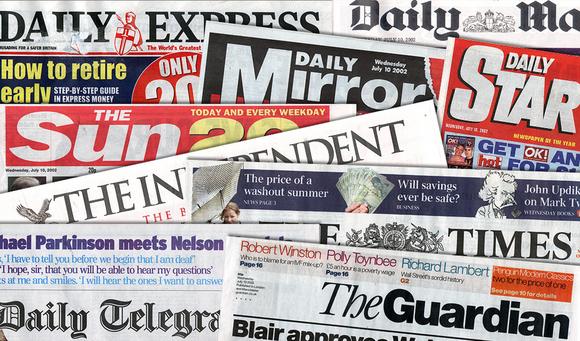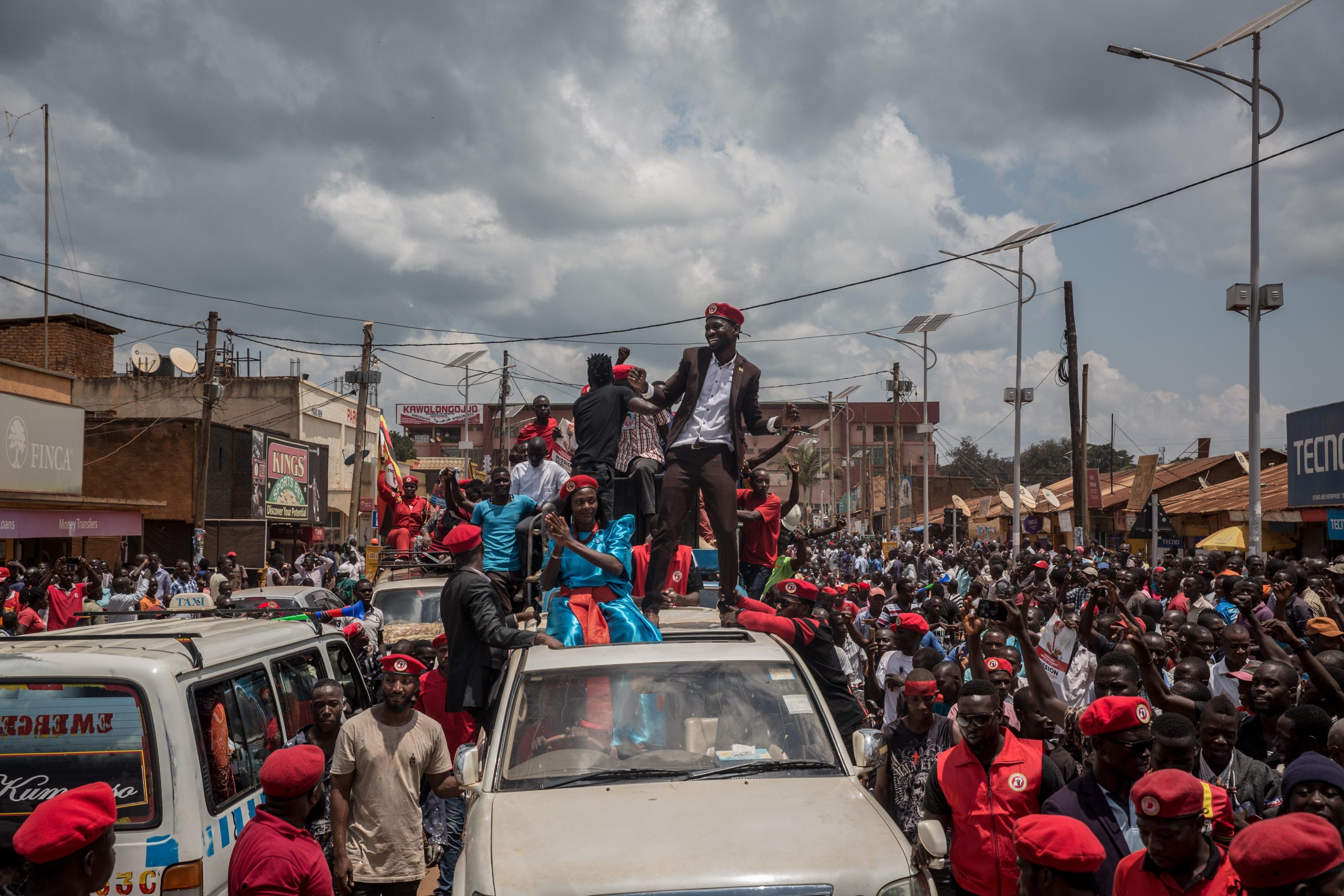The future of the British press lies in the hands of Lord Justice Leveson. Marta Cooper reports
In a matter of weeks Lord Justice Leveson will issue recommendations for a new system of press regulation. It’s an important moment for the British media: his Inquiry has exposed reprehensible press tactics and attacks on privacy in its extensive scrutiny of Fleet Street. Mistrust in the press is high, and claims that self-regulation has failed have come thick and fast.
But there is also the risk that the recommendations in Leveson’s report might endanger Britain’s centuries-old press freedom. This week, MP John Whittingdale, Chairman of the Culture, Media and Sport Select Committee, said the Inquiry had been used as a platform to kick the press, and that Leveson had “almost encouraged anyone who has a grudge against the press over many years to come and sort of unburden themselves in front of him”. As a result, the issues addressed in the hearings went outside Leveson’s original remit. Indeed, as Whittingdale said during Radio 4’s The Media Show, the Inquiry was hindered by its inability to look into the events at the News of the World that triggered the Inquiry “until after the criminal prosecutions had been finished”.
Exclusive extracts from our magazine:
The Lawyer | Mark Lewis | Do we need a free press?
The Blogger | Guido Fawkes | Where will this all end?
The Journalist | Trevor Kavanagh | The Leveson effect
The Editor | Alan Rusbridger | Striking a balance
Hacked Off | Martin Moore | The danger of power
At the end of August Leveson, following procedure, issued Rule 13 notices to editors warning them of his forthcoming criticisms and giving them an opportunity to respond. Some were concerned: Independent editor Chris Blackhurst said the document was a “point-by-point demolition of the industry.”
Given the seriousness of the Inquiry’s trigger — mass criminality (the latest figure of possible victims is now over 4,700), the failure of our police to properly investigate the events and the unnaturally cosy relationship between editors, the political elite and the Metropolitan police — Leveson is keen to recommend something that will command public respect. Over the eight months of hearings various regulatory suggestions have been put to Leveson: a press-card model, a contractual system, a body able to fine errant newspapers up to £1m and a system backed by legislation to resolve privacy cases.
As for statutory regulation, Leveson is well aware of the dangers of getting the state involved in regulating a medium that is supposed to regulate the state itself, although he has not ruled out some form of statutory underpinning of a beefed-up Press Complaints Commission. During his day at the Inquiry, David Cameron called statutory regulation a “last resort”, with one report (£) suggesting the prime minister is preparing to reject statutory intervention even if Leveson recommends it.
Tougher regulation and the facility to provide redress and protection for the individual cannot be achieved at the price press freedom. Without this crucial element of our democracy and history, we lose the ability to hold power to account and investigate wrongdoing. Public discourse would be seriously undermined.
Self-regulation can be improved through more accountable newsroom management. Much of what triggered the Inquiry was a matter of culture: unethical newsroom practices flourished because they could; only stronger editorial governance and newsroom management can deal with them. The new regulator also needs to be effective in monitoring and setting standards and could provide effective, fair and rapid complaint resolution, as Index and English PEN argued in the joint Alternative Libel Project.
It is also essential Leveson pushes for a stronger public interest defence, a concept at the heart of investigative journalism, in the range of criminal offences that apply to the press. The ability to uncover serious wrongdoing and expose the truth is at the heart of a free press in a democratic society. Yet only a number of laws that editors may allow a journalist to breach in order to expose wrongdoing or impropriety carry a public interest defence, namely Section 55 of the Data Protection Act. It was under this section of the DPA that the Crown Prosecution Service found that any alleged misconduct on the part of reporter Amelia Hill in her coverage of the phone hacking scandal for the Guardian (using information from confidential sources) was in the public interest. It is worth remembering that phone hacking was exposed by the of one newspaper alone — the Guardian — after the police failed to properly investigate in 2006 and 2009.
Other legislation investigative journalists find a legal barrier, such as the Computer Misuse Act, Official Secrets Act and Regulation of Investigatory Powers Act (RIPA), do not carry such a defence.
Imagine a journalist hacked into a minister’s email to expose corruption. No matter how small the intrusion, there would be no public interest defence in the Computer Misuse Act for that reporter if he or she were to be prosecuted. Greater consistency across various laws is needed to reassure reporters that, in cases where they do transgress the law, they would have the option of a defence available (£) and not feel deterred from doing good journalism.
Ensuring high standards of professionalism, including high ethical standards, while protecting the freedom of the press is Leveson’s challenge. Before the year is over we will see how the scales will tip.
Marta Cooper is an editorial researcher at Index. She tweets at @martaruco





